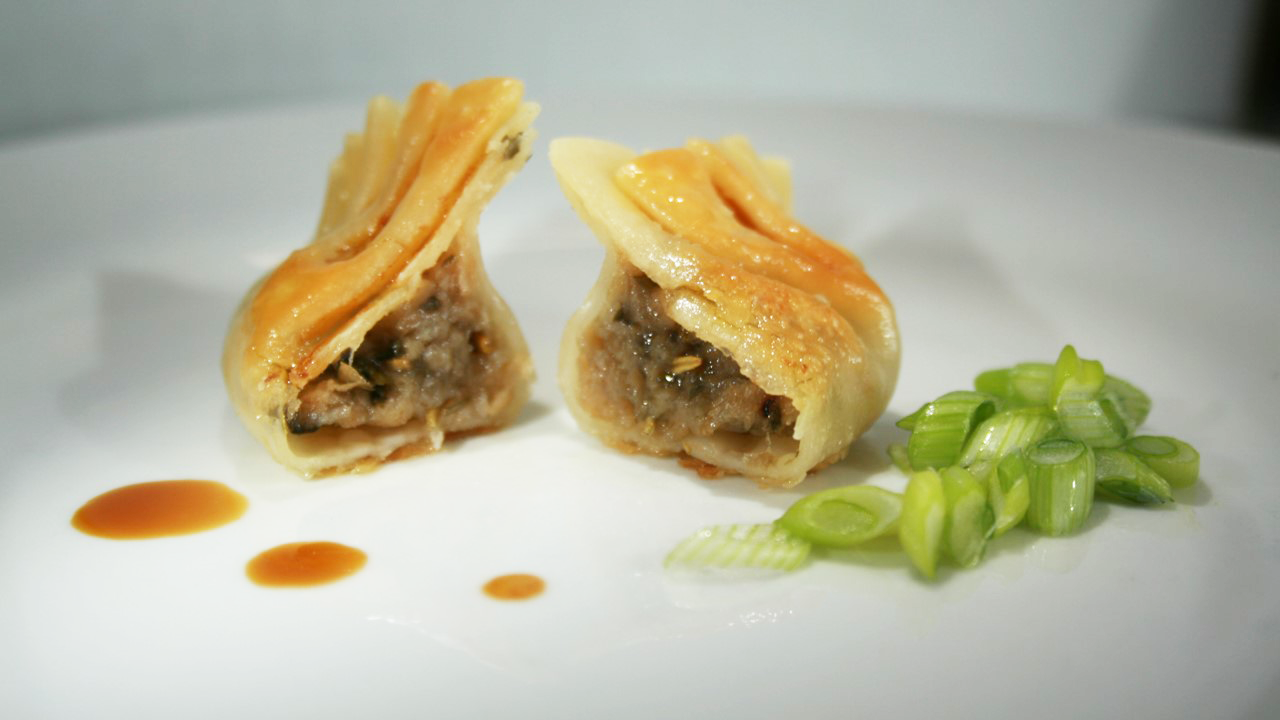This project investigated the feasibility of miniaturising and optimising the biological treatment of the wastewater effluents from SEM biofertilizer process.
Read MoreSuccessful project to assess the feasibility of extracting platform chemicals from spent lees delivers a valuable new feedstock, a bespoke analytical tool, additional product streams and evidence to substantiate the company’s green credentials.
Read MoreSuccessful collaboration between FlexBio and the Edinburgh Genome Foundry demonstrates potential impact for future projects.
Read MoreThe success of this project provides opportunities for Scottish Water and Scottish Water Horizons to circularise a process for disposing of Human sewage sludge and cleaning wastewater of phosphorus. The project will contribute to Scottish Water’s commitment to Net Zero by 2040.
Read MoreThis successful Feasibility Fund project represents a world-first step towards finding a natural solution to valorise waste wool.
Read MoreThis successful project advanced the development of cell lines for cultivated meat and enabled the team to win additional funding to run further projects.
Read MoreThis Feasibility funded project developed two antibodies using biopanning of University of Edinburgh’s phage display library, allowing TAC to successfully apply for further funding to advance the project and bringing potentially significant benefits for the Scottish economy.
Read Morein this project co-funded with the High Value Biorenewables Network, the team successfully developed a process to extract alkaloids from daffodil biomass which could be used in the treatment of heart failure and are now in a position to apply for investment to take the process forward at scale in Scotland.
Read MoreIn this successful Feasibility Project, the project partners identified antiviral therapeutics that can be extracted from cyanobacteria, and gained leverage for additional funding, training opportunities, and developed new methods for fractionating and purifying polysaccharides.
Read MoreInnovation funding enabled the academic team on this project to optimise their bacteria growing process and gave BAM Ritchies an insight into new opportunities, with the project collaborators set to continue to work together beyond the project.
Read MoreThis Feasibliity project by Artisan Roast, University of St Andrews, and Energy Recovery Systems Ltd demonstrated that coffee grounds are a profitable replacement for wood as a source for bioenergy.
Read MoreProof of concept was achieved in this Feasibility project to improve the strength and water repellent properties of Cellucomp’s paper-based packaging materials.
Read MoreIn this project funded by our Spin Out support programme, XGenix developed a high throughput assay to rapidly screen enzymes.
Read MoreIn this Feasibility project, CuanTec Limited and James Hutton Institute teamed up to analyse the value of side streams from crustacea shells.
Read MoreMarine Biopolymers (MBL) is a Scottish SME whose focus is on extracting high value components from brown seaweeds for use in a range of applications such as food and pharmaceuticals, but also in different industrial application areas, where the use of natural polymers is growing fast.
Read MoreA feasibility study which offers the potential to improve the production of therapeutic proteins through the development of a purification platform which includes an affinity chromatography step that has been specifically designed for use with a novel set of protein tags.
Read MoreAs ENOUGH (formerly 3fBio) move mycoprotein production from their scale up facility in Glasgow to full scale production in the Netherlands, they wanted to design a suite of early diagnosis tests to determine when a batch of product is growing sub-optimally in the hope that issues can be mitigated and avoid reductions in the amount or quality of product.
Read MoreOwners of food waste AD plants are looking for alternative ways to valorise waste that contains both plastic and biobased substances. Carbogenics wanted to investigate whether fermentation from screening waste was possible and test a scaled-up version of their process for making biomethane from waste using bacteria.
Read MoreUsing bacteria to clean waste water and recover metal ions.
Read MoreTurning low value fish waste into high value molecules using biotechnology.
Read More



















